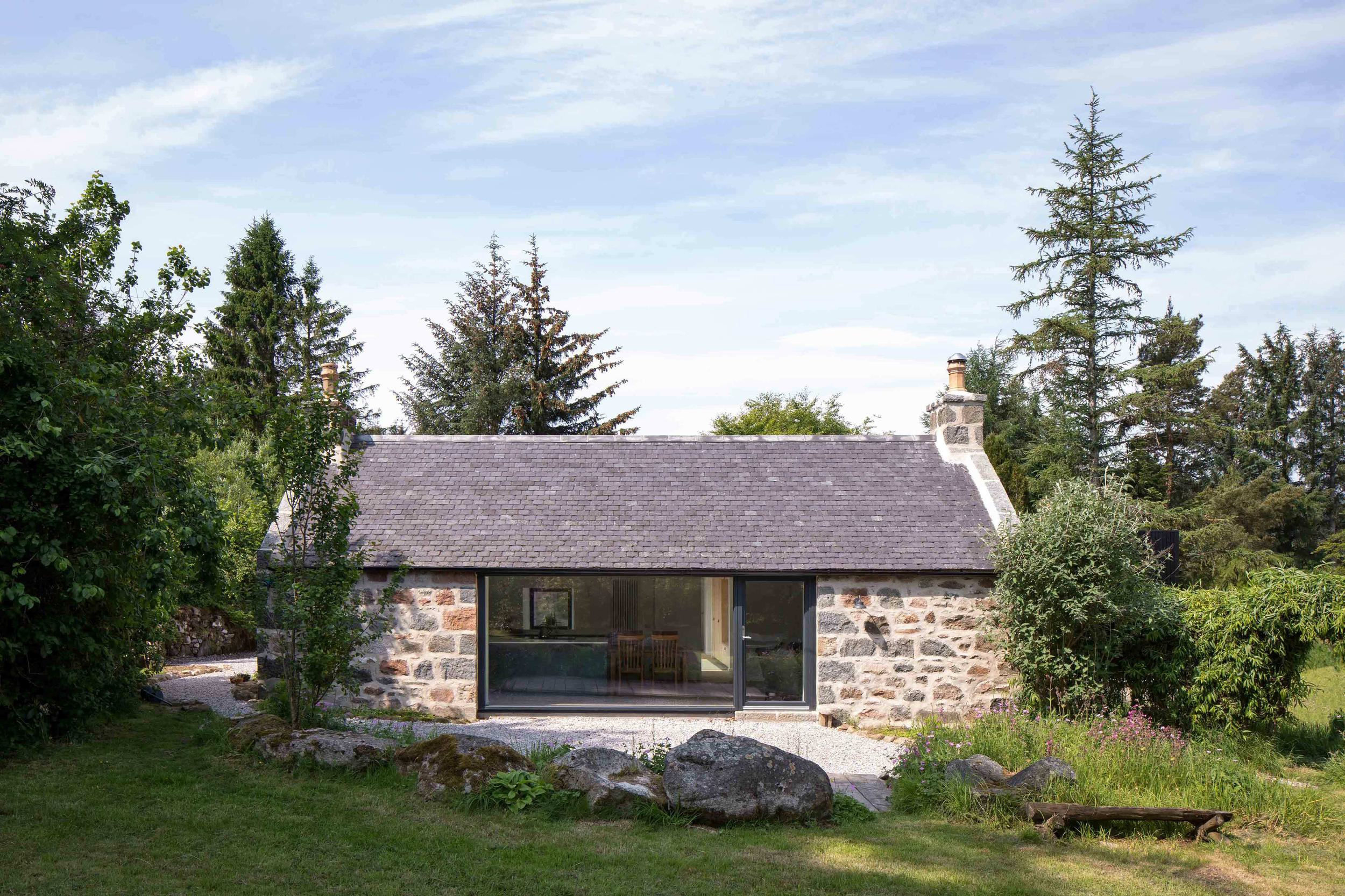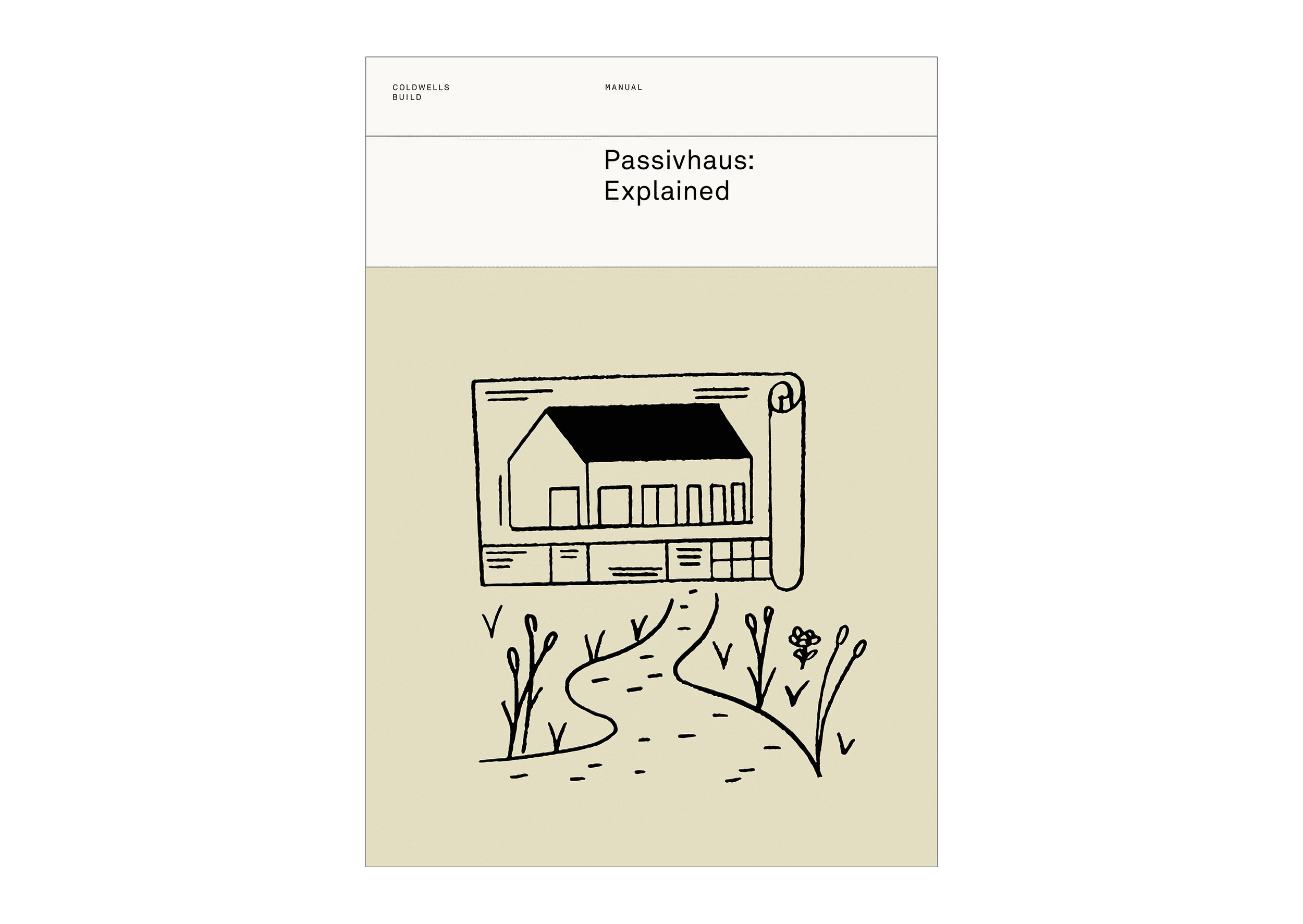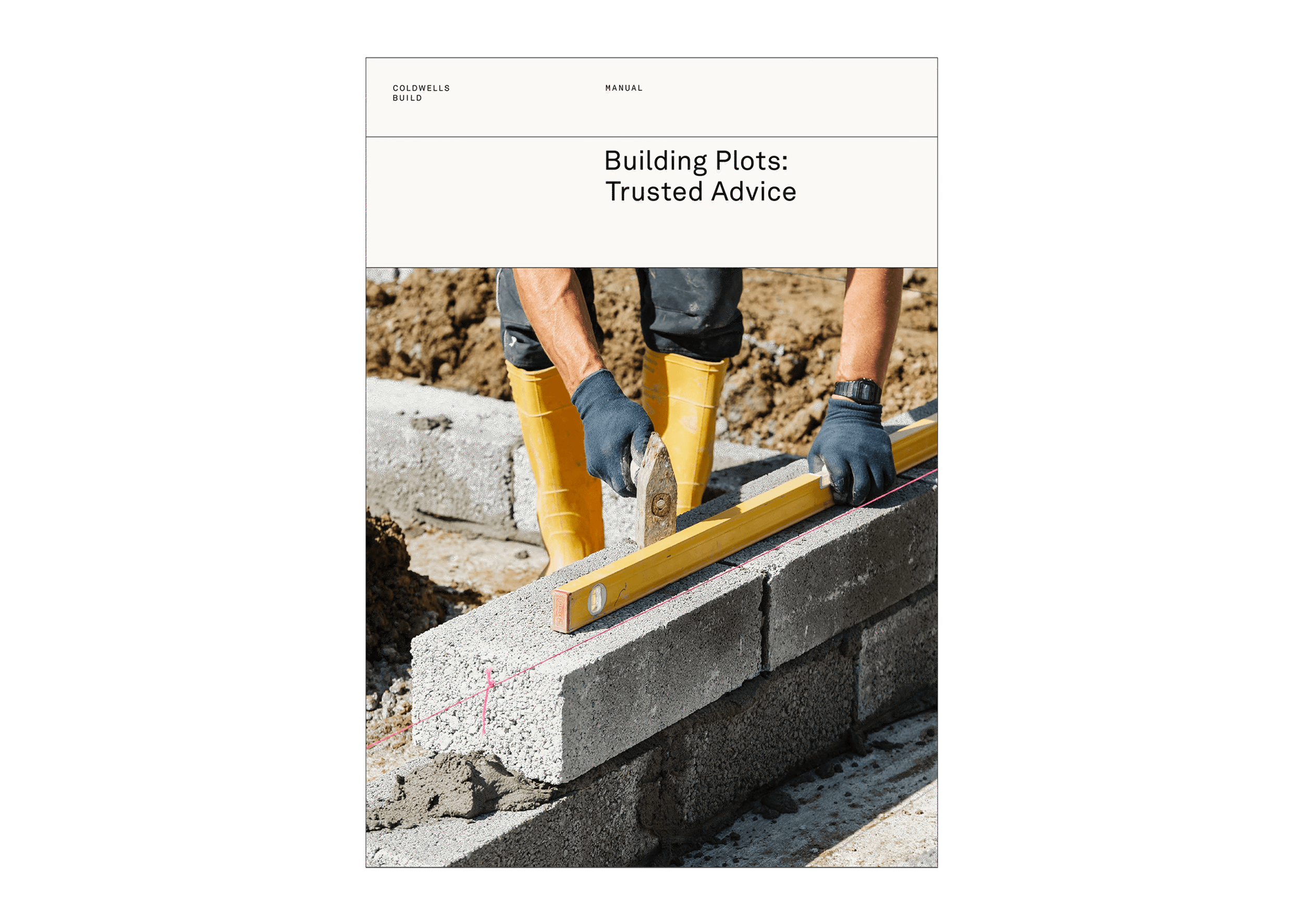A 10-year Structural Latent Defects Insurance generally applies to new build properties, and will most likely have been taken out by the builder prior to starting the building work. This (whilst not a legal requirement) is a condition of mortgage companies when lending funds for purchase of a new or newly converted property.
It provides coverage for insured defects and water ingress that may arise in a newly built, renovated or converted home. It covers the cost to repair or rebuild the structure and could also include other elements such as contamination of land, alternative accommodation, additional costs and fees, and removal of debris. Policies apply to the property, rather than the individual so if you choose to sell up, it can be transferred to any new owners of the property within the 10-year period.










